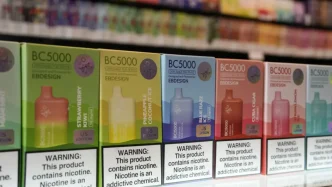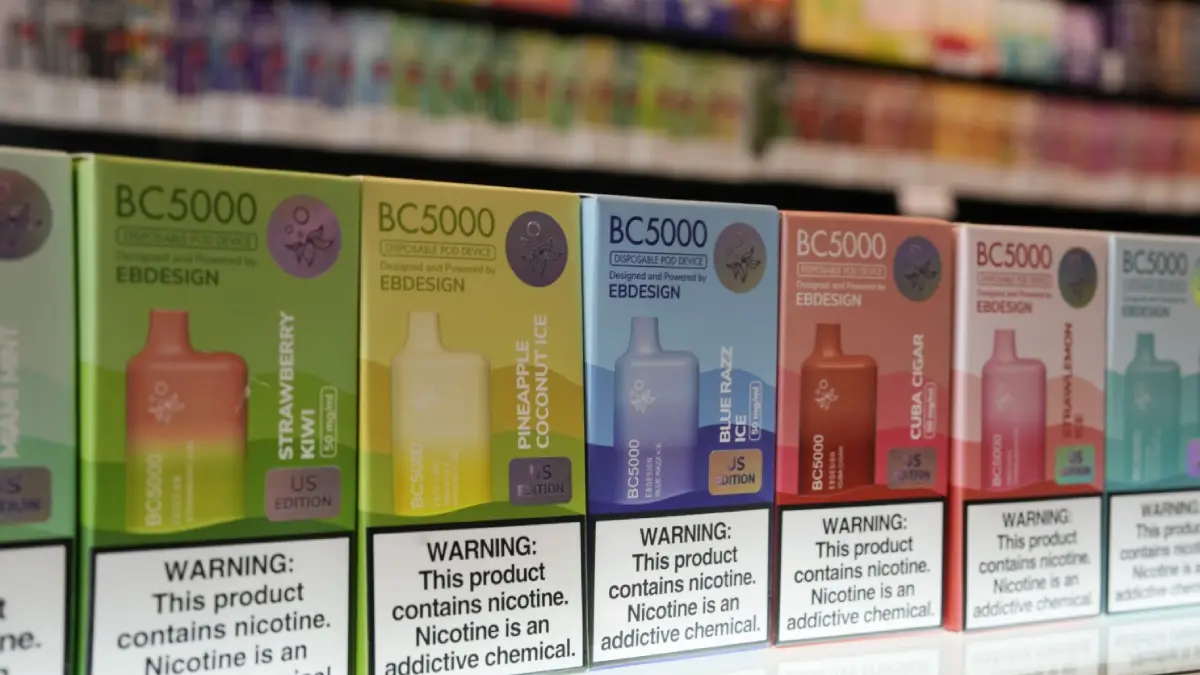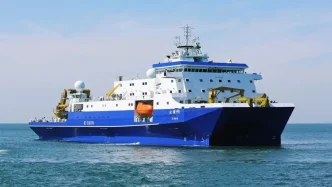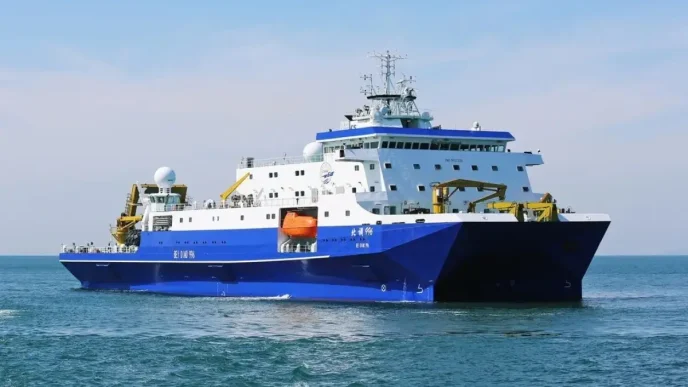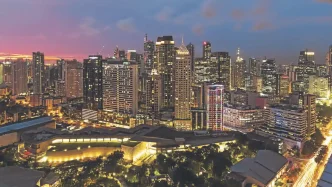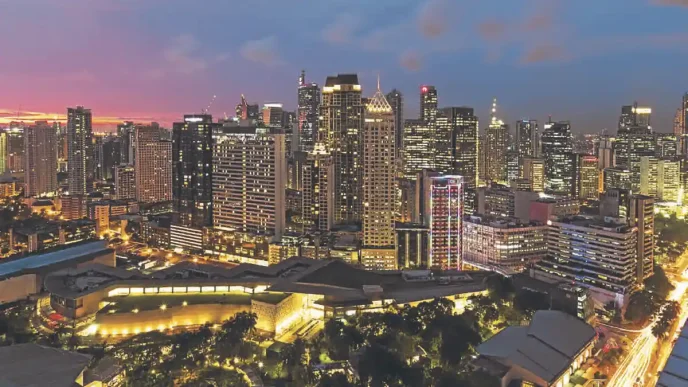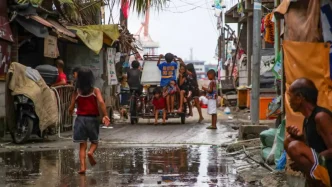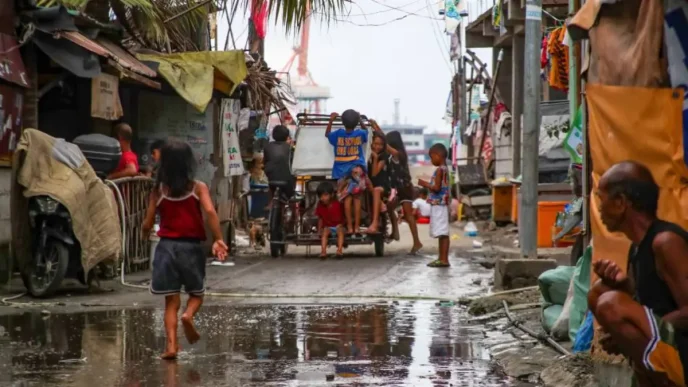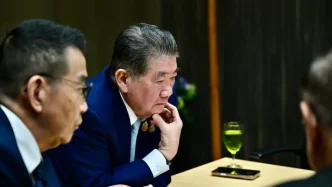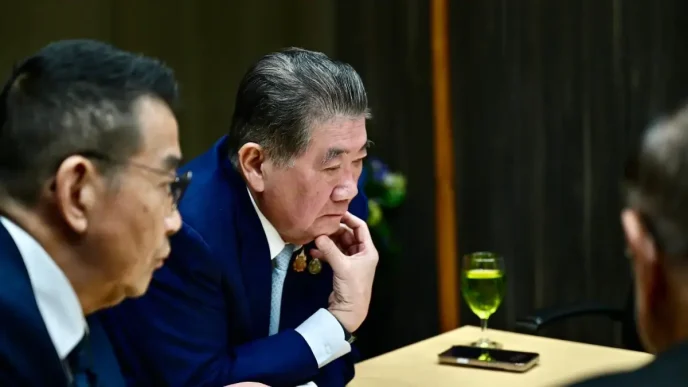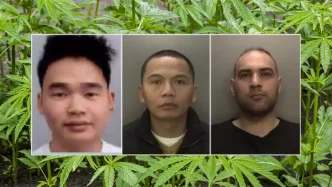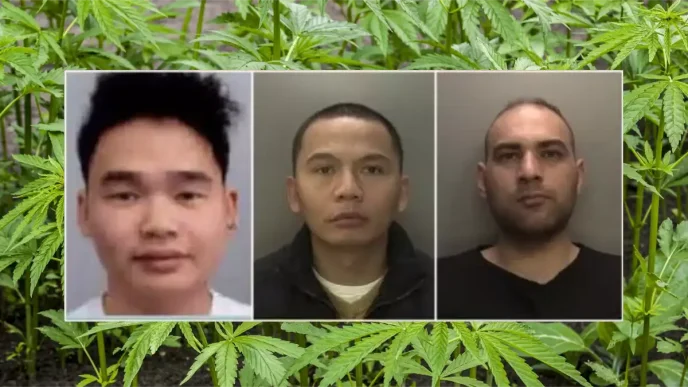In a series of coordinated operations on August 1, authorities in the Philippines struck significant blows against illegal activities in the Bangsamoro Autonomous Region in Muslim Mindanao (BARMM), seizing drugs, smuggled cigarettes, and misdeclared vape products worth millions of pesos. These operations, centered in Maguindanao del Norte and the Manila International Container Port (MICP), underscore the persistent challenges of drug trafficking and smuggling in the region, compounded by alleged links to local terror groups and corruption within law enforcement ranks. The scale of the hauls and the involvement of a police officer among the suspects raise pressing questions about security and governance in this conflict-prone area.
Drug Bust in Datu Odin Sinsuat: Links to Terror Groups
In the early hours of August 1, police in Datu Odin Sinsuat, Maguindanao del Norte, conducted an entrapment operation that led to the arrest of Anton Unoton Ambalgan, a suspected drug dealer. The operation, executed by the Datu Odin Sinsuat Municipal Police Station under the command of Lt. Col. Esmael Madin, resulted in the seizure of 300 grams of shabu, a potent methamphetamine, valued at approximately 2 million Philippine Pesos (~US$34,000). Ambalgan, a resident of Barangay Kuden in the nearby town of Talitay, was apprehended in Barangay Poblacion Dalican after selling the drugs to undercover operatives.
The operation was supported by local officials, including Mayor Abdulmain Abas and Vice Mayor Bobsteel Sinsuat, alongside members of the municipal peace and order council. Their involvement highlights the community-level collaboration required to tackle entrenched criminal networks in the region. However, what makes this case particularly alarming are the reports linking Ambalgan to Dawlah Islamiya and the Bangsamoro Islamic Freedom Fighters, two armed groups long suspected of providing protection to drug traffickers in exchange for financial support.
Brig. Gen. Jaysen De Guzman, director of the Police Regional Office-Bangsamoro Autonomous Region (PRO-BAR), confirmed that intelligence units are working to verify these connections. While the exact nature of Ambalgan’s ties to the groups remains under investigation, the allegations point to a deeper nexus between drug trafficking and insurgency in Mindanao, a region that has struggled with separatist violence for decades. If confirmed, this link could complicate efforts to achieve lasting peace in BARMM, where the government has been working to implement a peace agreement with former rebel factions.
Smuggling Operation Foiled: A Police Officer Among Suspects
On the same day, another operation in Maguindanao del Norte targeted a smuggling ring at the border of Parang and Matanog towns. A police team arrested nine individuals, including Patrolman Camlon Basagan of the Regional Mobile Force Battalion 14-A under PRO-BAR, for allegedly smuggling imported cigarettes valued at 1.9 million Philippine Pesos (~US$32,500). The suspects, identified as Basagan, Titing Angkap, Mohaimen Akmad, Alrahib Pendatu, Satap Pendatu, Totoh Armonio, Ariel Aldamar, Norodin Baltao, and Aminodin Hadjirakman, were apprehended in a hideout near the boundary of Pinantao in Parang and Sugod in Matanog.
According to Brig. Gen. De Guzman, the operation was launched after villagers tipped off authorities about the group’s plan to transport 129 boxes of Indonesian-made cigarettes to buyers in nearby towns and Cotabato City, the capital of the Bangsamoro region. The confrontation escalated into a 10-minute firefight when the suspects opened fire on approaching officers, only surrendering when they exhausted their ammunition and realized reinforcements were closing in. Authorities also impounded three vehicles—a brown Toyota Innova, a white multicab, and an Isuzu Elf truck—believed to be used for transporting the contraband.
The involvement of a serving police officer in the smuggling operation raises serious concerns about corruption within the force. Basagan’s arrest points to the challenges of maintaining integrity among law enforcement personnel in a region where economic hardship and the influence of criminal networks can tempt individuals into illicit activities. This incident is not isolated; the Bangsamoro region has long been a hotspot for smuggling, with porous borders and limited resources for enforcement creating fertile ground for such crimes.
Massive Seizure of Misdeclared Vape Products in Manila
On 14 July 2025, the Bureau of Customs (BOC) made a significant seizure at the Manila International Container Port (MICP), confiscating misdeclared vape products and other items worth 40.5 million Philippine Pesos (~US$690,000). The haul included 81,000 pieces of assorted vape products, sacks of refined paraffin wax, and other misdeclared goods found in three container vans imported from China. The containers were initially declared to contain kitchenware, but an inspection prompted by intelligence from the Customs Intelligence and Investigation Service revealed the contraband.
BOC Commissioner Ariel Nepomuceno emphasized the agency’s commitment to combating smuggling through a comprehensive approach. The seized items are now subject to forfeiture proceedings for violating the Customs Modernization and Tariff Act, as well as regulations specific to vaporized nicotine and non-nicotine products. This seizure reflects a broader crackdown on the illegal importation of vaping products, which have surged in popularity in the Philippines despite strict regulations aimed at curbing their use among youth.
Broader Implications for Security and Governance
These operations, while successful in intercepting significant quantities of illegal goods, highlight the multifaceted security challenges facing the Philippines, particularly in the Bangsamoro region. Drug trafficking, smuggling, and the potential involvement of terror groups form a complex web that threatens both local stability and national security. The alleged links between suspects like Ambalgan and insurgent groups underscore the difficulty of disentangling criminal enterprises from political and ideological conflicts in Mindanao.
Historically, the Bangsamoro region has been a flashpoint for violence and unrest, with various armed groups vying for control or influence. The 2019 establishment of BARMM was a landmark step toward peace, granting greater autonomy to the region under the terms of a peace deal with the Moro Islamic Liberation Front. However, the persistence of smaller, more radical factions like Dawlah Islamiya and the Bangsamoro Islamic Freedom Fighters, coupled with economic disparities, continues to fuel instability. Drug trafficking and smuggling provide these groups with a financial lifeline, enabling them to sustain their operations despite military pressure.
Moreover, the involvement of a police officer in smuggling activities points to systemic issues within law enforcement. Corruption and inadequate oversight can undermine public trust in security forces, making it harder to build community support for anti-crime initiatives. Addressing these challenges requires not only robust enforcement but also reforms to improve transparency and accountability within institutions like PRO-BAR.
Economic and Social Dimensions
Beyond security concerns, the smuggling of cigarettes and vape products has significant economic implications. Illicit trade deprives the government of substantial tax revenue, which could otherwise fund public services in a region already grappling with underdevelopment. The Bangsamoro region, despite its autonomous status, remains one of the poorest areas in the Philippines, with limited access to education, healthcare, and infrastructure. The allure of quick profits from smuggling or drug trafficking can be particularly strong in such an environment, perpetuating a cycle of poverty and crime.
Socially, the spread of drugs like shabu poses a severe threat to communities. Methamphetamine addiction has devastated families across the Philippines, contributing to crime rates and straining social services. The government’s aggressive anti-drug campaign, initiated under former President Rodrigo Duterte, has been criticized for its human rights abuses, yet the drug problem persists, particularly in conflict zones where enforcement is challenging. Operations like the one in Datu Odin Sinsuat are critical, but they must be accompanied by broader efforts to address the root causes of drug abuse, such as poverty and lack of opportunity.
Looking Ahead: Can Enforcement Turn the Tide?
The recent operations by PRO-BAR and the Bureau of Customs demonstrate a determination to tackle the intertwined issues of drug trafficking and smuggling in the Philippines. However, the scale of the problem—evidenced by the multimillion-peso hauls and the involvement of diverse actors from terror suspects to police officers—suggests that enforcement alone may not suffice. Sustainable progress will require a multi-pronged approach, combining intelligence-driven operations with community engagement, economic development, and institutional reform.
As investigations into the suspects’ connections and the broader networks behind these crimes continue, the Philippine government faces a critical test. Can it disrupt the financial underpinnings of insurgency and crime in the Bangsamoro region while fostering trust in its institutions? The answer remains uncertain, but the stakes for regional stability and the well-being of millions could not be higher.

